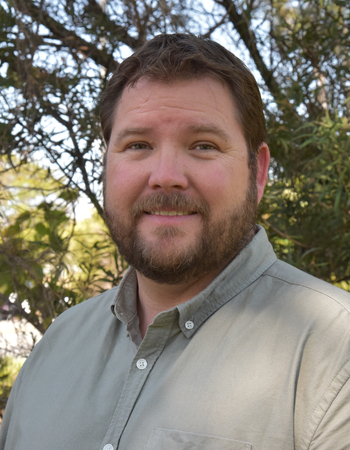Co-design Workforce Enablers – ERAMUS+
Description
This project empowers disadvantaged adult learners in regional areas by enhancing their employability through flexible, skills-based education pathways, with a focus on microcredentials. By addressing critical challenges—including basic literacy, numeracy, ICT, and problem-solving skills, as well as opportunities for re-skilling into in-demand sectors and strategies for interpersonal wellbeing—this initiative promotes greater inclusion, resilience, and confidence in the workforce.
Impact Statement
The L2L MicroCred project directly addresses the critical need to enhance employability and foster inclusion for disadvantaged learners in regional areas. By providing flexible, skills-based education pathways through micro-credentials, this initiative empowers individuals to overcome barriers related to basic literacy, numeracy, ICT, and problem-solving skills. Furthermore, it proactively supports re-skilling for in-demand sectors and cultivates interpersonal wellbeing, directly contributing to increased resilience and confidence in the workforce. By leveraging the growing global recognition of micro-credentials as effective tools for targeted skills development and lifelong learning, this project offers a scalable model for addressing current and future skills gaps in regional communities. The success of this initiative will not only improve individual economic outcomes and quality of life but also strengthen the regional workforce and contribute to broader economic development and social cohesion. The findings and resources generated by this project will provide valuable insights for educators, policymakers, and community organisations seeking to implement innovative and accessible adult learning solutions in regional settings.
Lead Partners
Other Partners
- University of Inland Norway New EU project on micro-credentials - University of Inland Norway
- University of Limmerick L2L Micro-credentials Project | University of Limerick
- University of Rome LUMSA L2L MicroCred. Learning to Learn Through Micro-Credentials in a Regional Setting | University of Rome LUMSA
Project Lead

Dr Corey Bloomfield is the Lead Researcher for the CREATE cluster, LIFEE - Learning and Innovation for Equity in Education. His research focuses on student engagement, educational transitions, online learning, and equity in education. His research employs qualitative methodologies, including critical ethnography and critical participatory action research (CPAR), to enhance educational outcomes for young people who are often marginalised or labeled as vulnerable learners, particularly those in regional, rural, and remote communities.
SDG Goals
At CQUniversity we are committed to embedding sustainable practice in our operations, interactions and relationships underpinned by the United Nations Sustainable Development Goals. Sustainability is one of our strategic pillars within our Strategic Plan 2024-28.
This project aligned with the following SDG Goals:
- 4 - Ensure inclusive and equitable quality education and promote lifelong learning opportunities for all
